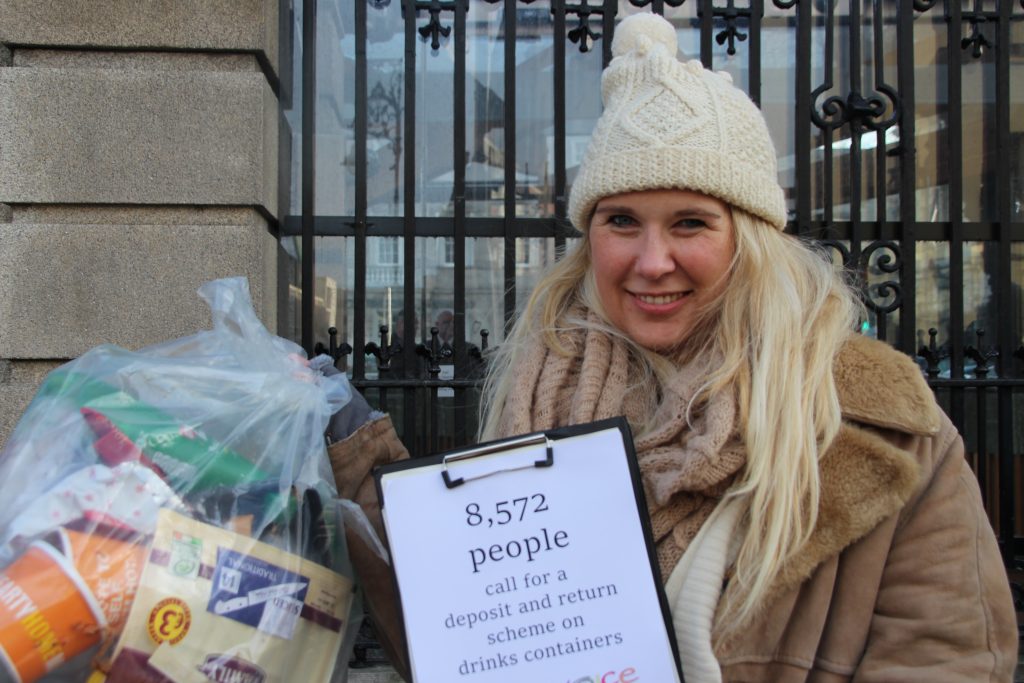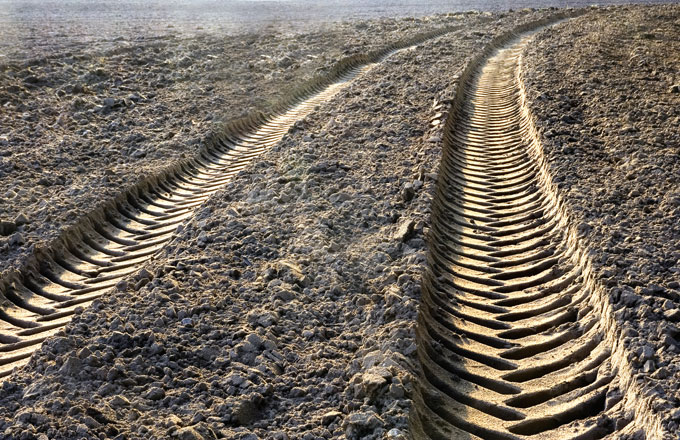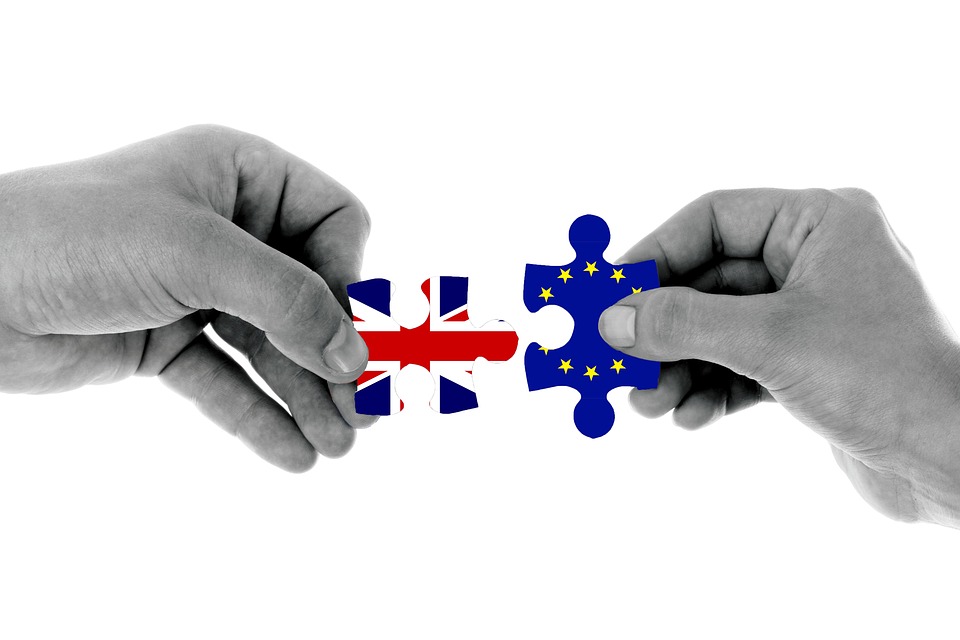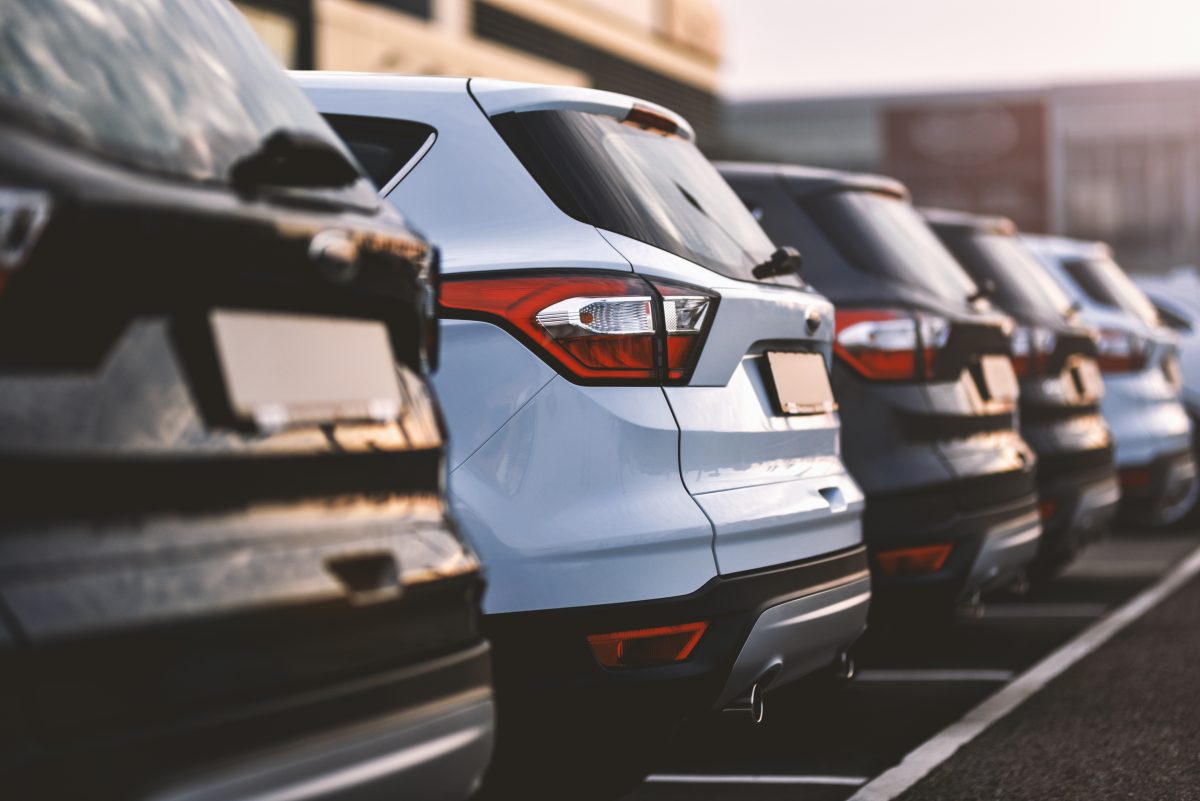She Is Sustainable: The leading female voices in Ireland’s sustainability movement

February 1, 2018
Women’s movements have dominated headlines recently, highlighting female empowerment through marches for equality and movements such as Time’s Up and #MeToo. Gracing our shores this week is another women’s event you will want to get behind.
The She Is Sustainable conference shares the successes and struggles of the women in the world of sustainability. Originally founded in London in 2016, the gathering came to Dublin today to hear from a host of women in the sustainability sector.
Delving deeper into the movement, women’s experience in the sector and how Ireland can achieve sustainability, three inspirational women – Éanna Ní Lamhna, Dr Cara Augustenborg, and Laura Costello – gave The Green News an exclusive insight into their world.
Ms Ní Lamhna, a biologist and environmental consultant most famous for her other role on RTE, told us that women can do a “great deal” for sustainability within their day to day lives. “They have a greater influence as they are more often the purchasers’ of family provisions and traditionally the primary educators at home, of our children,” she said.
This opinion is shared by climate expert and Chairperson of Friends of the Earth Europe, Dr Cara Augustenborg, who said women are “critical” to the big low-carbon transition. “Women are also disproportionately the victims of climate impacts, making it even more important that we include women’s voices in this issue.”

Laura Costello Photo: Kevin Goss-Ross, Thinkhouse.
“All the actions we need to take to move off fossil fuels require decision making made largely by women,” she added. Expanding on her point, Dr Augustenborg said women are more likely to take the decisions around what children eat, what car a family drives and where they go on holiday.
Turning attention to the government’s role in sustainability, Ms Costello, from the youth marketing agency Thinkhouse, said that it was “no secret” that Ireland is “falling very short” when it comes to the environment.
The Role of Government
When asked what measures they would like the Government to introduce, Ms Ni Lamhna said that she would like to see a thirty-year plan which would not be “derailed” whenever an election comes around.
Radical reform of transport policies, with prioritisation given to public transport, cycling and walking, was an issue that Dr Augustenborg would like the Government to take up immediately.
“I find the transport situation absolutely shocking…Our greenhouse gas emissions from that sector are rising exponentially now that economic growth is back and no one in government is saying at thing about it,” she added.
Weighing in, Ms Costello said that “driving a collective movement” for positive change in sustainability, education and leadership is “vital” for moving towards a sustainable Ireland. “We also need to listen to and elevate leaders, early adopters and experts who can help enforce positive change in practical ways throughout the country,” she added.

Dr Cara Augustenborg Photo: Sorcha McManigan
The challenges of being a woman in the sector
“You have to be outstandingly confident, knowledgeable and assertive to be listened to and to get people to heed what you have to say,” Ms Costello explained.
Dr Augustenborg added that the sector is “surprisingly male-dominated” particularly when it comes to high-level decision making. Drawing on the example of the UN climate conferences, Dr Augustenborg said that it is “astounding” how decisions that affect all of us are being made predominately by men.
“It’s frustrating because, when I raise this concern to men in the sector, I often get jokey responses about how they should just go get a sex change and it’s clear that they don’t understand why it’s a problem women are not being included in high-level decision making,” she added.
Dr Augustenborg said young women should not be afraid of questioning the patriarchal system. She said that she was personally fortunate to work with men who are respectful and she feels she can question patriarchal issues without feeling like she will be penalised.
https://twitter.com/AliJSheridan/status/959006159687602176
However, she warned: “As open-minded as environmental people can be, the patriarchy still dominates and will continue to do so unless the next generation of women professionals start to call out the times when men’s views dominate the conversation and ignore women’s unique perspective.”
“Speak up if you happen to find yourself in front of someone who you think might be able to help you move in the direction you want to go because there are increasingly unique ways to engage professionally with environmental topics,” added Ms Costello.
“Recent female-led movements like #MeToo and Time’s Up show us what’s possible when people come together, with the courage to stand up for something they believe in wholeheartedly,” she concluded.
[x_author title=”About the Author”]







